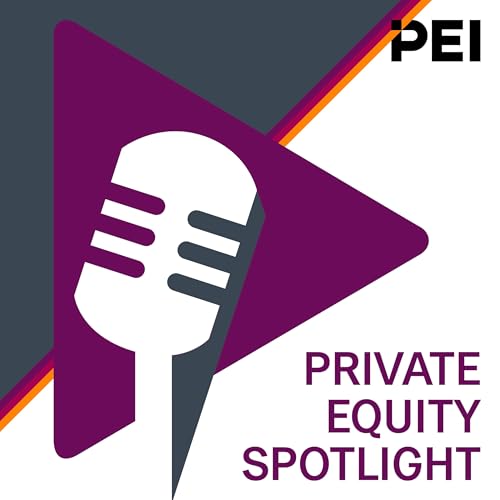This episode is sponsored by Lexington Partners, LGT Capital Partners and Davis Polk and first appeared on Secondaries Investor's Second Thoughts podcast.
In 2024, GP-led deals hit a record of $71 billion in transaction volume, accounting for 44 percent of the total secondaries market volume of $160 billion, according to Evercore’s FY 2024 Secondary Market Review. This is significant and marks the increasing popularity of continuation vehicles as an exit route.
In this episode, Secondaries Investor senior editor Adam Le is joined by Lexington Partners’ Jeffrey Bloom, LGT Capital Partners’ Brooke Zhou and Davis Polk’s Leor Landa.
The trio explore how GP-led transactions have rapidly grown into a mainstream liquidity and portfolio-management tool, against a backdrop of constrained exit markets, rising LP demand for liquidity and increasing GP comfort with continuation vehicles.
They also examine market dynamics across deal sizes, noting the challenges of scaling mega single-asset vehicles and the significant untapped opportunity in the mid-market, where many GPs are still early in their GP-led journeys.
Brooke Zhou is a partner at LGT Capital Partners in Hong Kong, an investment committee member, and is responsible for origination, due diligence, execution and monitoring of Asian primary and secondary investments
Jeffrey Bloom is a partner on the secondaries team at Lexington Partners focused on the origination, evaluation and execution of continuation vehicle transactions
Leor Landa is a partner and head of investment management at Davis Polk
Adam Le is senior editor, EMEA, Private Equity Group, at PEI Group
 2025/12/2322 分
2025/12/2322 分 33 分
33 分 2025/12/1552 分
2025/12/1552 分 31 分
31 分 24 分
24 分 2025/11/1944 分
2025/11/1944 分 31 分
31 分 2025/10/2827 分
2025/10/2827 分
